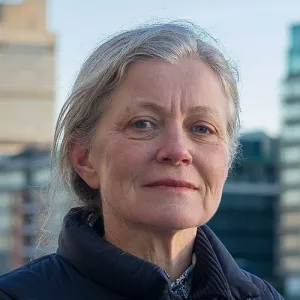Accelerating adaptation economics and financing for a well-adapted UK





While most adaptation finance is rightly focused on developing countries, climate change is also increasing impacts and damages in developed countries. In a tight fiscal environment, framing adaptation well, understanding its costs and benefits (for the economy, those most at risk and the public finances), and mobilising finance to deliver are all increasingly common challenges for developed countries.
This session will showcase some of the UK’s leading efforts that are addressing barriers and boost funding and financing. These include improving understanding of adaptation costs and benefits, reframing the value in adaptation leadership to governments, developing a UK Adaptation Investment Framework, and through innovative project financing arrangements.
As well as showcasing their work, panellists will reflect on how we can scale and accelerate efforts, and how we better target the most vulnerable, as well as the potential to better link developing and developed country learning and knowledge for collective action.

